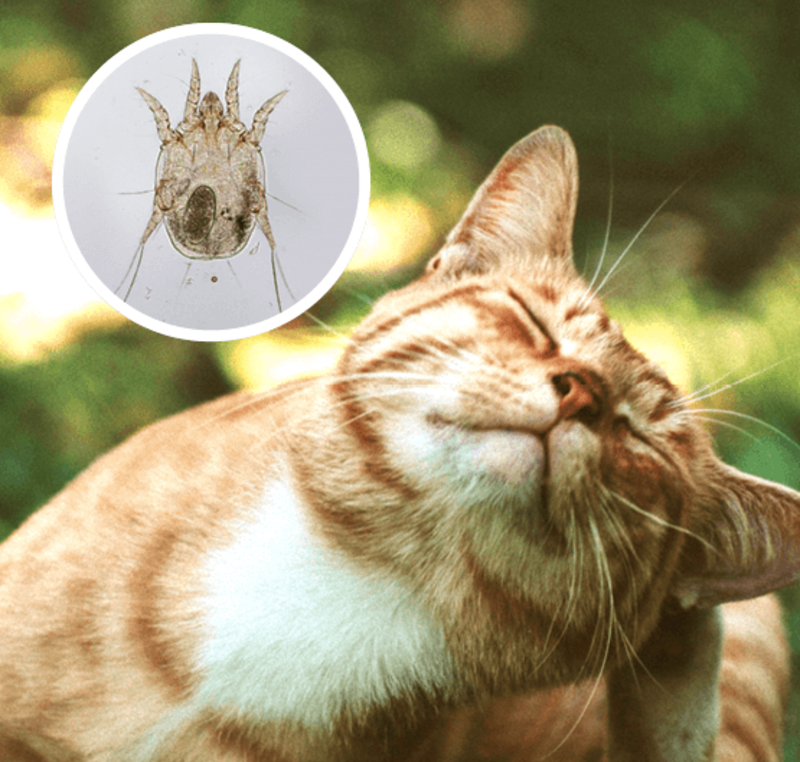Cats are curious, playful, and often explore spaces where parasites thrive. cat fleas and parasites are common issues that can affect your cat’s health if not addressed. Understanding these parasites, how to detect them, and what preventive measures to take is essential for keeping your cat comfortable and healthy.
What Are Cat Fleas ?
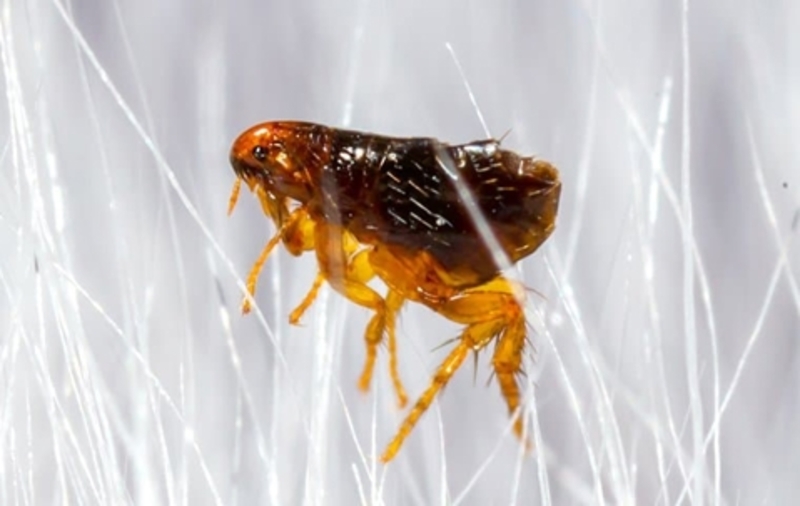
Fleas are tiny insects that feed on an animal’s blood. They are fast, can jump long distances, and reproduce quickly. Fleas not only irritate your cat but can also cause allergic reactions and spread diseases.
Cats can pick up fleas from outdoor areas, contact with other animals, or even from your home environment if fleas are present. Female fleas lay eggs in the fur, which eventually fall into carpets, bedding, or furniture, continuing the infestation cycle.
Cat Fleas and Parasites: Common Signs Your Cat Is Infested
- Excessive scratching: Cats may scratch themselves constantly due to flea bites.
- Small black specks: These are flea droppings, often visible on the fur.
- Hair loss or irritated skin: Constant scratching can cause patches of missing fur and redness.
- Restlessness: Cats may become more irritable due to discomfort.
Regularly checking your cat, especially in areas like the neck, belly, and base of the tail, helps catch fleas before they spread.
Other Common Parasites in Cats
Besides fleas, cats can be affected by other parasites that cause health problems if untreated.
Intestinal Worms
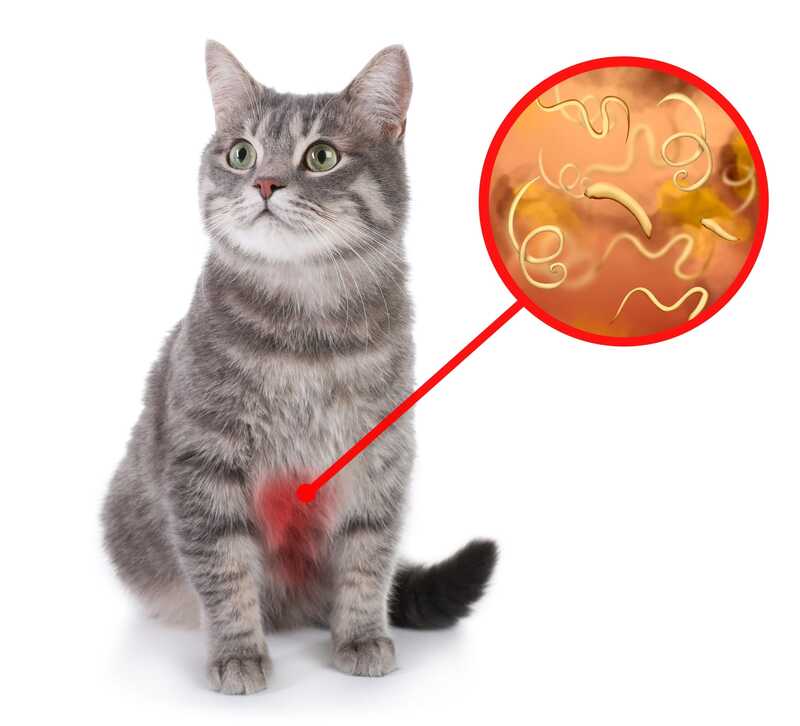
Intestinal worms are common in cats, especially kittens. Types include roundworms, tapeworms, and hookworms. Symptoms may include:
- Vomiting or diarrhea
- Weight loss despite normal eating
- A bloated belly
- Worm segments in the feces
Some worms can be transmitted to humans, making treatment essential.
Ear Mites
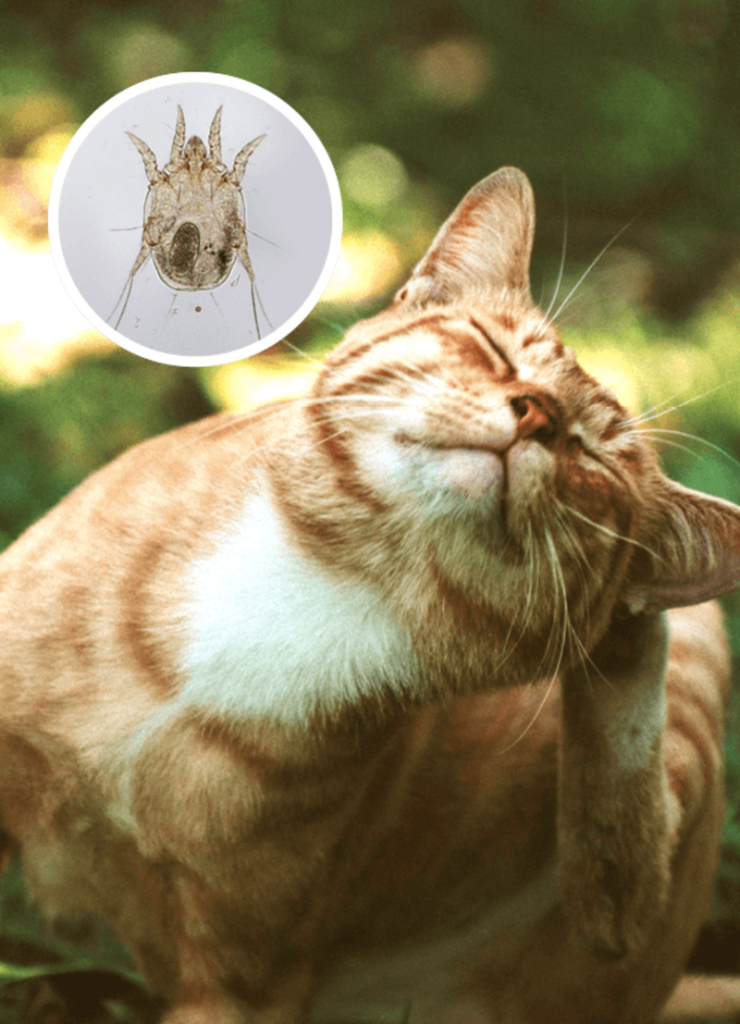
Ear mites are microscopic parasites that live inside the ear canal. Signs include:
- Frequent head shaking or ear scratching
- Dark, coffee-ground-like discharge in the ears
- Redness or inflammation in the ear canal
Ear mites are highly contagious between cats, so prompt treatment is important.
Ticks
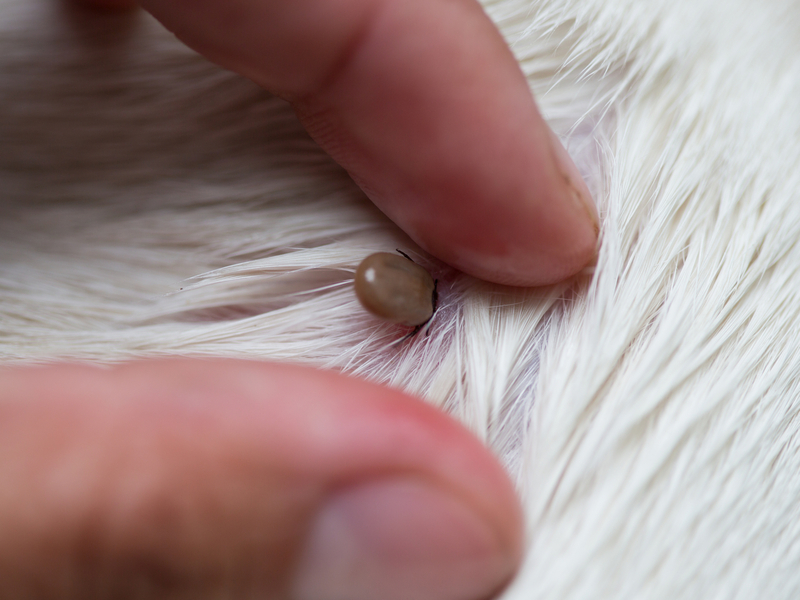
Ticks are larger parasites that attach to the skin and feed on blood. They are more common in outdoor cats. Risks include:
- Irritation and inflammation at the bite site
- Transmission of diseases like Lyme disease or anemia
Regularly checking your cat’s skin, especially around the head, neck, and paws, can help detect ticks early.
Health Risks of Parasites
Parasites are not just annoying—they can affect your cat’s health significantly:
- Anemia: Heavy flea or tick infestations can cause blood loss.
- Skin infections: Constant scratching can lead to wounds or bacterial infections.
- Digestive issues: Worm infestations can lead to poor nutrient absorption, vomiting, and diarrhea.
- Secondary infections: Open wounds or inflamed skin can get infected if not treated.
Some parasites can also be transmitted to humans, making it crucial to maintain preventive care.
Preventive Measures for Cat Fleas and Parasites
Preventing parasites is more effective than treating infestations. Here’s what you can do:
- Regular Vet Checkups
Schedule routine vet visits to check for parasites, especially for kittens or outdoor cats. - Flea and Tick Treatments
Use veterinarian-recommended topical or oral medications. Follow instructions carefully for dosage and frequency. - Worm Treatments
Deworm your cat regularly according to vet advice, especially if they go outdoors or hunt small animals. - Environmental Cleaning
Wash your cat’s bedding and blankets regularly. Vacuum carpets and furniture to remove eggs and larvae. - Monitor for Symptoms
Watch for excessive scratching, vomiting, or changes in behavior. Early detection helps prevent serious infestations. - Limit Outdoor Exposure
Keeping cats indoors or supervising outdoor activities reduces contact with parasite-infested areas.
Treatment Options of Cat Fleas and Parasites
If your cat already has parasites, prompt treatment is necessary:
- Fleas: Topical treatments, oral medications, or flea collars may be used depending on your cat’s age and health.
- Worms: Deworming medications prescribed by a vet are effective.
- Ear Mites: Ear drops or cleaning solutions prescribed by a vet eliminate mites.
- Ticks: Carefully remove ticks with tweezers and consult your vet for medications if infestation is severe.
Avoid using human medications on cats—they can be toxic. Always consult a vet before applying any treatment.
Homemade or Natural Remedies: Do They Work?
Some cat owners try natural solutions like essential oils or vinegar to repel fleas. While mild remedies may help reduce irritation, most are not effective for full parasite elimination. Some essential oils are toxic to cats, so professional guidance is safer.
Myths About Cat Parasites
It’s important to separate facts from myths:
- Myth: Only outdoor cats get parasites.
Fact: Indoor cats can also get fleas or worms through contact with humans, other pets, or contaminated environments. - Myth: Seeing no fleas means the cat is parasite-free.
Fact: Flea eggs, larvae, or worms may be present even if adult fleas aren’t visible. - Myth: Flea collars alone prevent all infestations.
Fact: Collars can help, but regular treatments and environmental cleaning are still necessary.
Tips for Cat Owners
- Regularly brush your cat to check for fleas or skin issues.
- Keep litter boxes clean to prevent parasite contamination.
- Avoid sharing grooming tools between multiple cats if one is infected.
- Observe changes in appetite, weight, or energy, as parasites can affect overall health.
When to See a Vet
Consult your vet immediately if:
- Your cat has severe itching, hair loss, or open wounds.
- There’s persistent vomiting or diarrhea.
- You notice unusual lethargy or weakness.
- Parasites persist despite home treatments.
Early intervention reduces complications and keeps your cat healthier.
Conclusion
Fleas and Parasites in cats are common but manageable. Detecting them early, using preventive measures, and seeking professional treatment when necessary ensures your cat stays healthy and comfortable. Regular vet visits, proper hygiene, and observation are key.
Parasites may be small, but their impact on your cat’s health is significant. By staying proactive, you protect your cat—and your home—from these persistent pests.

